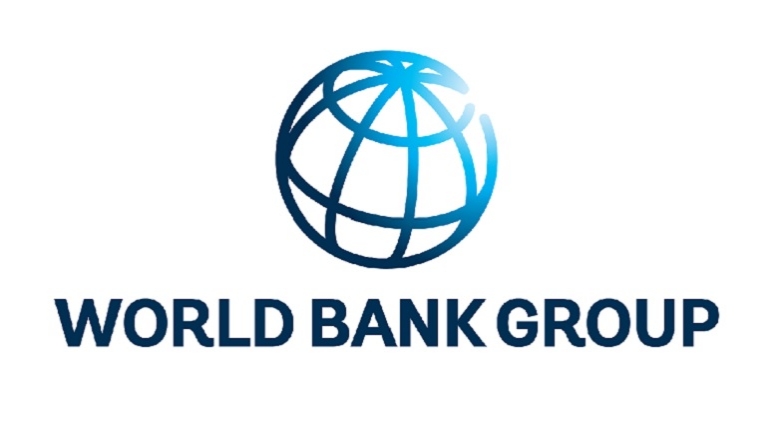What had already been a tenuous global food security circumstance prior to the onset of the Russia/Ukraine conflict is likely to grow worse and poor countries in the western hemisphere that had been facing food shortages long prior to the outbreak of the hostilities are now likely to be thrown into “the eye of the storm” according to a recent World Bank Assessment.
In its February 28 update of an earlier global food security assessment, the World Bank noted that the Russia/Ukraine conflict had been ignited even as many countries were already “facing growing levels of food insecurity, reversing years of development gains, and threatening the achievement of Sustainable Development Goals by 2030.”
Noting that both Russia and Ukraine “are major suppliers of wheat, maize, barley, and vegetable (sunflower) oil,” (between them they account for around 29% of global wheat exports) all of which are important food staples in most parts of the world, the World Bank assessment says that the conflict has further disrupted an already considerably dislocated global food supply regime which was now being exacerbated by what it describes as “a major shock for global commodity markets” which it said was “likely to exacerbate food price inflation in emerging markets and developing economies.” Global commodity markets, the World Bank says, face “upside risks” resulting from “reduction in grain supplies, higher energy prices, higher fertilizer prices, and trade disruption due to shutting down of major ports.”

